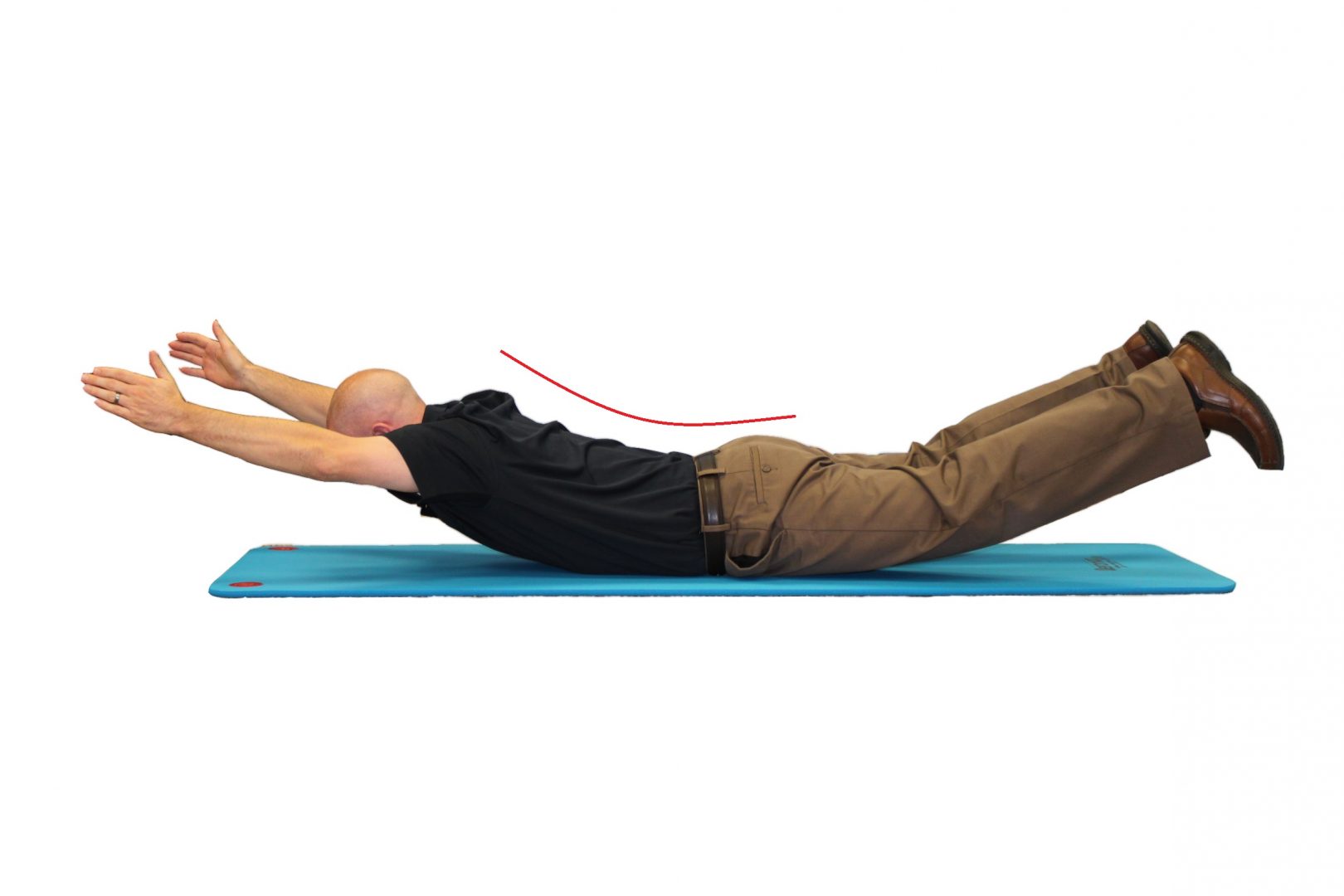Introduction
Impact of Sedentary Lifestyle on Spine Health: In today’s modern world, sedentary lifestyles have become increasingly prevalent due to technological advancements, changes in work patterns, and the convenience of various entertainment options. A sedentary lifestyle refers to a way of living that involves prolonged periods of sitting or lying down, with minimal physical activity. We can discuss few more about Impact of Sedentary Lifestyle on Spine Health.

While technology has undoubtedly improved our lives in many ways, the sedentary behaviors it encourages can have detrimental effects on our overall health, particularly on spine health.
- Introduction
- Understanding Sedentary Lifestyle and Its Prevalence
- The Spine: An Integral Component of Mobility and Support
- The Impact of Sedentary Lifestyle on Spine Health
- Health Risks Associated with a Sedentary Lifestyle
- Practical Strategies to Mitigate the Impact of Sedentary Lifestyle
- Seek Professional Guidance
- Conclusion
- Best Spine treatment In Gwalior
In this extensive blog, we will explore the significant impact of a sedentary lifestyle on the spine, its associated health risks, and practical strategies to mitigate these effects and promote a healthier, more active lifestyle.
Read More:

Understanding Sedentary Lifestyle and Its Prevalence
A sedentary lifestyle is characterized by an insufficient amount of physical activity to meet the body’s energy expenditure requirements. This lack of movement not only affects the muscles but also has profound consequences on various bodily systems, including the spine. We can find more about Impact of Sedentary Lifestyle on Spine Health.
Unfortunately, sedentary behaviors have become widespread in modern societies, with people spending long hours sitting at desks, commuting in vehicles, and engaging in sedentary leisure activities like watching television and using smartphones.
The Spine: An Integral Component of Mobility and Support
The spine is a complex structure that plays a crucial role in supporting the body and enabling movement. It consists of 33 individual bones called vertebrae, which are stacked on top of each other, forming the spinal column.

The spine’s natural curves (cervical, thoracic, lumbar, and sacral) are essential for distributing the body’s weight and maintaining proper alignment. In addition to providing structural support, the spine also houses and protects the delicate spinal cord, a bundle of nerves that transmits signals between the brain and the body.
The Impact of Sedentary Lifestyle on Spine Health
A sedentary lifestyle can have various adverse effects on spine health, including:
a. Muscle Weakness: Prolonged sitting leads to weakened back, core, and gluteal muscles, which are vital for supporting the spine and maintaining proper posture.
b. Poor Posture: Sitting for long periods encourages poor posture, such as slouching or hunching over, which can lead to imbalances and strain on the spine.
c. Reduced Flexibility: Lack of movement contributes to reduced spinal flexibility, increasing the risk of stiffness and limited range of motion.
d. Increased Risk of Disc Herniation: Sedentary behavior can lead to weakened spinal discs, increasing the likelihood of disc herniation or bulging.

e. Spinal Compression: Sitting puts more pressure on the spine than standing or lying down, leading to spinal compression and potential long-term issues.
f. Weakened Bones: A sedentary lifestyle may contribute to weakened bones, increasing the risk of conditions like osteoporosis and fractures.
g. Reduced Blood Flow: Prolonged sitting can impede blood flow to the spine, leading to poor nutrient delivery to the spinal discs and tissues.
h. Weight Gain: Sedentary behaviors are often associated with weight gain, which can put additional strain on the spine and exacerbate existing issues.
Health Risks Associated with a Sedentary Lifestyle
In addition to its impact on spine health, a sedentary lifestyle is associated with numerous health risks, including:
a. Cardiovascular Issues: Sedentary behavior contributes to an increased risk of heart disease, high blood pressure, and other cardiovascular problems.
b. Obesity: Lack of physical activity is a significant contributor to obesity, which is linked to various health conditions, including diabetes and joint problems.
c. Metabolic Disorders: Sedentary lifestyles can disrupt glucose metabolism and increase the risk of metabolic disorders like insulin resistance.
d. Mental Health Concerns: Prolonged sitting has been linked to increased rates of anxiety, depression, and other mental health issues.
e. Increased Mortality Risk: Sedentary behavior is associated with a higher risk of premature death from various health conditions.
Practical Strategies to Mitigate the Impact of Sedentary Lifestyle
While the modern lifestyle may promote sedentary behaviors, there are numerous practical strategies individuals can adopt to mitigate the negative effects and promote a healthier spine and overall well-being: We can discuss some more about Impact of Sedentary Lifestyle on Spine Health.
a. Regular Exercise: Incorporate regular physical activity into your routine, such as walking, jogging, swimming, or yoga. Aim for at least 150 minutes of moderate-intensity exercise or 75 minutes of vigorous-intensity exercise per week.
b. Stand Up and Move: Take frequent breaks from sitting; stand up, stretch, and walk around for a few minutes every hour.

c. Ergonomic Workstation: Create an ergonomic workstation with an adjustable chair, proper desk height, and monitor placement to support good posture while working.
d. Active Transportation: Whenever possible, walk or bike instead of driving, and use stairs instead of elevators.
e. Exercise Breaks: Use your lunch break or other free moments to engage in short exercise sessions or brisk walks.
f. Stay Hydrated: Drinking enough water helps maintain the spinal discs’ hydration, promoting spinal health.
g. Incorporate Stretching: Regular stretching exercises can improve flexibility and reduce muscle tension associated with prolonged sitting.
h. Core Strengthening: Focus on exercises that strengthen the core muscles, which play a vital role in supporting the spine and maintaining good posture.
i. Mindful Posture: Be aware of your posture while sitting, standing, and walking. Make a conscious effort to maintain proper alignment.
j. Limit Screen Time: Set limits on screen time for leisure activities and take breaks from electronic devices.
k. Cultivate Hobbies: Engage in hobbies and activities that encourage movement and physical engagement, such as dancing, gardening, or playing sports.
l. Buddy System: Exercise with a friend or family member to stay motivated and accountable for staying active.
Seek Professional Guidance
If you experience persistent back pain or have concerns about your spine’s health, consult with a healthcare professional or spine specialist. They can provide personalized recommendations and guidance to address specific issues and support your spinal health. We can discuss few more about Impact of Sedentary Lifestyle on Spine Health.

Conclusion
A sedentary lifestyle poses significant risks to spine health and overall well-being. The impact of prolonged sitting and minimal physical activity can lead to muscle weakness, poor posture, and increased risk of spinal injuries and other health conditions. We can find more about Impact of Sedentary Lifestyle on Spine Health.
By adopting practical strategies to mitigate the effects of sedentary behaviors and promoting regular exercise and movement, individuals can significantly improve spine health and overall quality of life. Take charge of your health by making conscious efforts to incorporate physical activity into your daily routine, support proper posture, and prioritize your spinal well-being. Remember, small changes can make a big difference in promoting a healthier, more active lifestyle for years to come.
Best Spine treatment In Gwalior
Dr Vipin the managing director of KLM Group. He is a well-known gold-medalist Orthopedic Surgeon In gwalior, strongly reputed for his trusted and focused attitude our rich knowledge and experience, be assured of quality healthcare and world-class medical services in Orthopaedic, Spine care In gwalior, Ophthalmology, X-ray & Diagnostics services along with physiotherapy services.
Book Your Consultation
Website: https://tinyurl.com/yyzvwmck
Email: info@klmgroup.org
Ph: 0751-4000721,Mob: 7804826825
Address: 12, Saraswati Nagar, University Road, Near Silver Estate, Thatipur, Address Link: https://g.page/r/CQ0WqKLEXPWeEAE Powered By Argusdna

